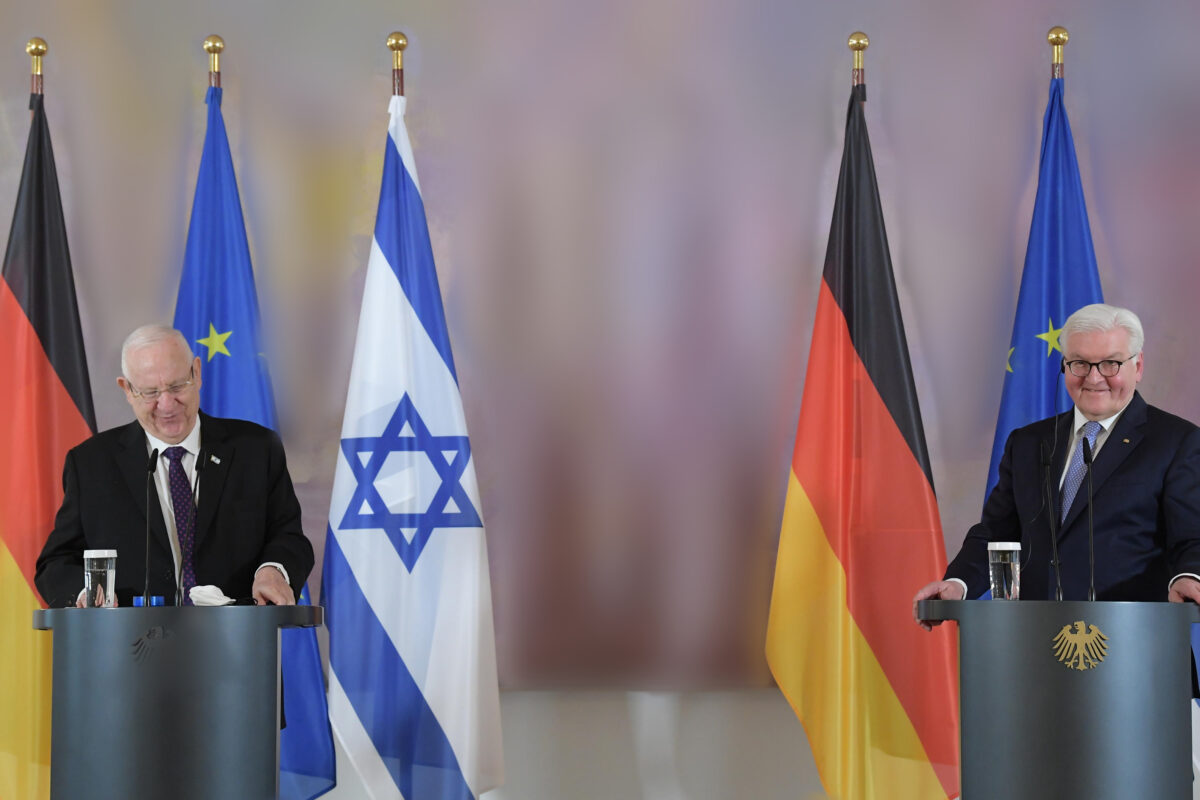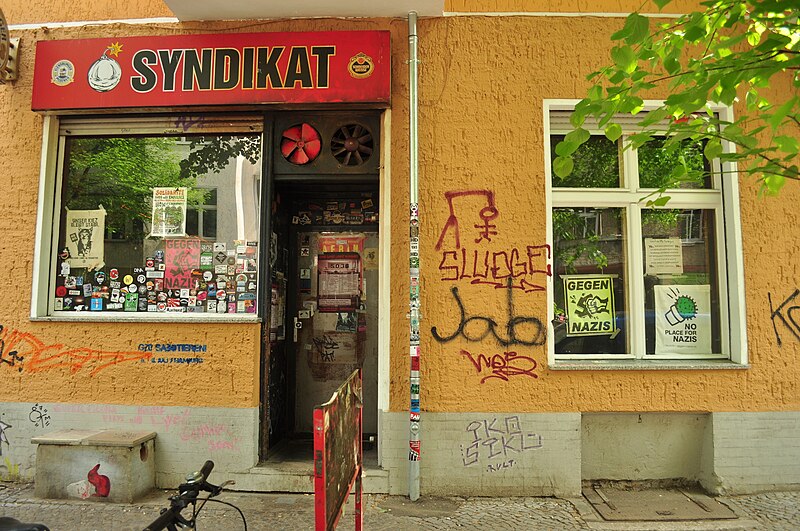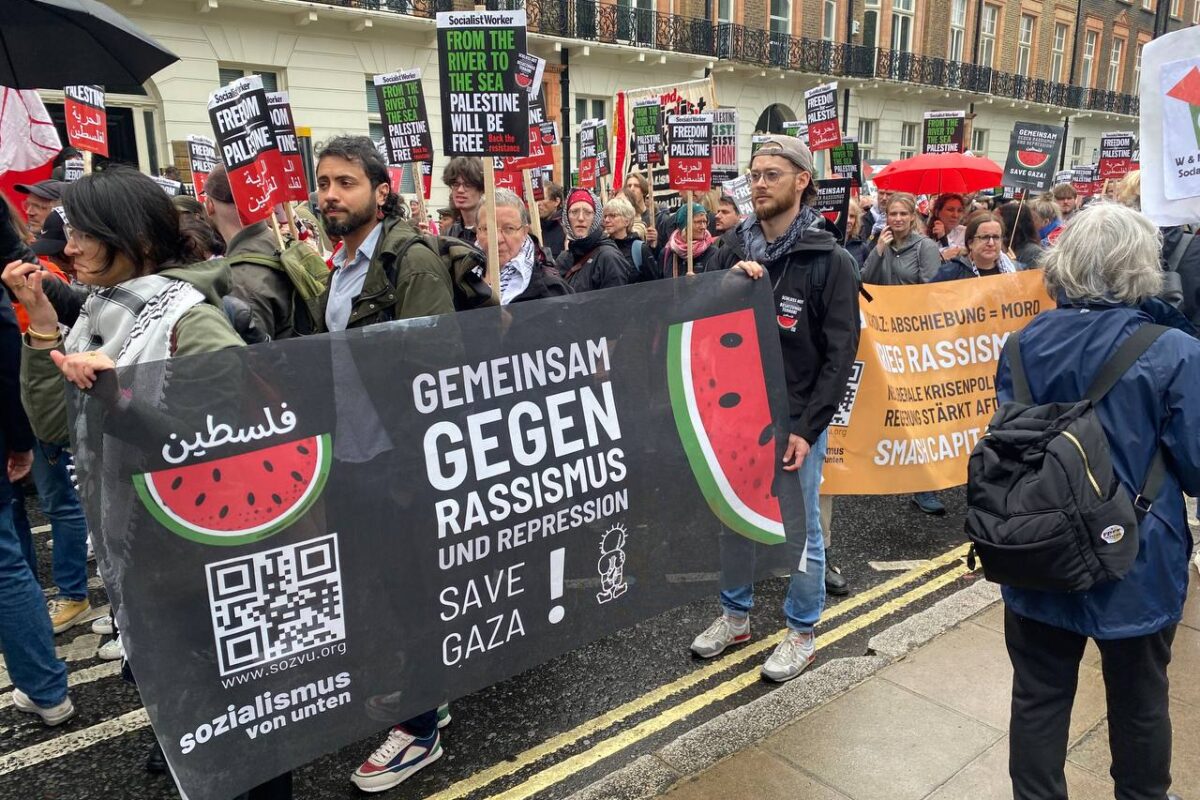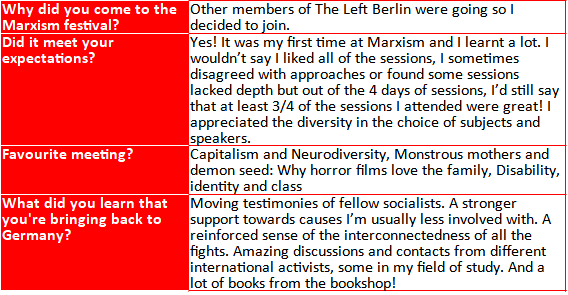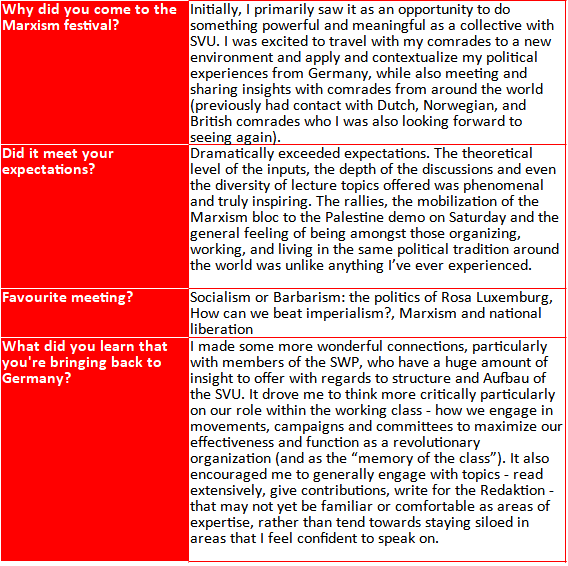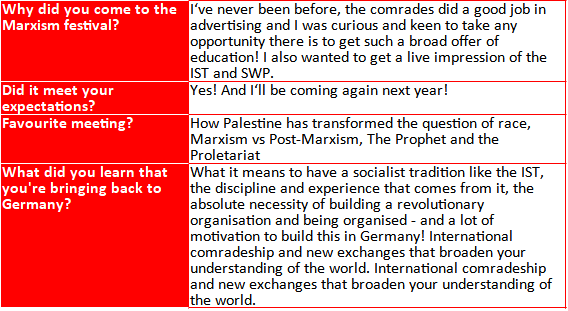Fantasy settings can make the exploration of topics such as power, identity, society, class struggle and social division more accessible. By analysing how The Elder Scrolls tackles issues related to fascism and authoritarianism, players can get a better understanding of how these ideas manifest in society and how they might be resisted.
The Elder Scrolls is a series of video games developed by the American company Bethesda and set on the fictional continent of Tamriel. Each video game has its own narrative, both in chronological and geographical terms. Through the exploration of the different territories generated by its open world maps, we see how the digital landscape becomes an active agent in the creation of identities and characters that inhabit it.
The saga stands out for enabling a historical analysis linked to romantic landscape narratives of the 19th century, which are reinterpreted in the digital dimension through the generation of environments as literary tools. In this article I aim to analyse the aesthetics manifest in the representation of races/ethnicities in The Elder Scrolls in relation to landscape and architecture. These generate a historical dialogue between past and present, and emphasize the use of romantic visual references as a source of inspiration by the creators of the saga.
The rise of nationalist movements and authoritarian governments globally has been marked by similar narratives to those found in the game, where the state’s power is centralized, often at the expense of freedom of speech and human rights violations. The game’s exploration of these themes can be used to discuss how authoritarian ideologies gain traction and the consequences of unchecked nationalism. When we analyse how the game portrays the use of myths and historical narratives, it will prove useful in understanding how fascist movements utilize similar strategies such as the romanticization of a “pure” national history to shape public opinion through media consumption.
Geography and races
To introduce the setting, it is pertinent to present the map and the races that inhabit the continent of Tamriel, in which each territory hosts different towns and cities. The main areas are: Skyrim, Morrowind, Black Marsh, Cyrodiil, Elsweyr, Hammerfell, High Rock, Morrowind, Summerset Isles and Valenwood. The races that are distributed in three political alliances are: the Aldmeri Domain made up of the Altmers (high-elves), the Bosmers (elves that work wood), and the Khajiits (anthropomorphic felines); the Daggerfall Covenant made up of the Bretons (Manmeri, Hominids), the Redguards (Yokudans, Hominids), the Orsimer (orcs), and the Ebonheart Pact made up of the Dunmer (dark elves), the Nords (Atmorans, Hominids) and the Argonians (anthropomorphic reptiles).
Each of these groups is depicted with distinct idiosyncrasies, determined by a conception of historical reality where the dichotomy between East and West is perceptible; The Bretons and Redguards are two of the three human groups in the game represented by opposite features. In the case of the Bretons, the story places them as direct descendants of the Altmers (the dominant race and culture in the whole Elder Scrolls Saga), but the Redguards are relegated as remnants of a fleet of warriors from a remote island called Yokuda. Although both groups belong to the same humanoid category, the narrative clearly emphasizes a separation in their origins.
Alterity and environment
It is important to emphasize the portrayal of the feline Khajiit in relation to their environments and attributes, as they are a race of anthropo-zoomorphic beings characterized by an imagined sense of otherness. They are depicted as nomads, traders of fabrics and everyday goods, and traffickers of a drug called “Skooma,” which alludes to opium. The name of their homeland, Elsweyr, is a deliberate play on the term “elsewhere,” reinforcing their association with a distant, marginal space.
Another example of ideological representation in The Elder Scrolls series is the characterization of the Redguards, a human community of Black warriors depicted with a monolithic and temperamental personality. Their environments are portrayed through the imagery of arid, desolate deserts, with sparse vegetation and minimal urban development. This setting reflects the narrative of “imaginary knowledge” that Edward Said describes in Orientalism, where European geographical and historical understandings of the boundaries between East and West are shaped by a discourse of power. Said explains that this dichotomy stems from a portrayal of Europe as “powerful and capable of expression,” contrasted with an Asia depicted as “defeated and distant,” thereby framing Eastern regions as “silent and dangerous” territories.
In the game, landscapes corresponding to European aesthetic traditions, used as visual resources in medieval fantasy, are more prominently featured and host various races of characters that play central roles in the narrative. This visual contrast exemplifies Said’s argument about the relationship of domination between East and West. The Redguards’ environments, lacking monumental architecture and characterized by minimal vegetation, align with Said’s descriptions of “loss, void, and disaster,” reinforcing the perceived disparity between Eastern and Western spaces.
The Nords, a human race characterized by stereotypical elements of Viking culture, are situated in a mountainous region with cities marked by distinct and well-defined architecture. Unlike the stylistic pastiche seen in the Khajiit’s architecture, the constructions in Nord territories are explicitly modelled on medieval architectural ideals. The Elder Scrolls V: Skyrim (2011), which is set primarily in this region, portrays the Nords as conquerors, emphasizing their brutality, explorative nature, and capacity for invasion. The game also underscores the nationalist ethos of the Nords, who are depicted as the rightful heirs and true rulers of Skyrim, and describes them as “children of snow,” imbuing them with an almost divine status.
Romantic models
The High Elves, or Altmer, inhabit the Summerset Isles, a region characterized by grand cities and architectural structures inspired by European Gothic Revival styles. As the primary race credited with the cultural development of Tamriel, they are positioned at the center of civilization in the game’s lore. The urban landscapes of the Summerset Isles evoke a romanticized vision of Western agrarian life, emphasizing ideals of simplicity, harmony with nature, environmental stewardship, and sustainable living. The game attributes much of the craftsmanship, art, and scientific knowledge found throughout Tamriel to Altmer tradition, reflecting their role as the driving force behind the political and cultural alliance of the High Elves.
The Elder Scrolls, as a multimedia RPG production, incorporates a literary framework typical of epic fantasy, drawing inspiration from recognizable Romantic models. The Industrial Revolution established a distinct dichotomy between rural and urban spaces, with rural areas gaining ideological prominence and becoming the idealized focus of Romantic landscape art. Theorists like John Ruskin and Viollet-le-Duc championed Gothic architecture as a distinctly European architectural language, aligned with the patriotic ideals characteristic of nineteenth-century nationalist and regionalist thought. This idealization of European national identities, coupled with the underdeveloped gender policies of the Enlightenment and the operations of colonial machinery, positioned landscape as a tool for transmitting content that ultimately served as ideological propaganda in defence of bourgeois interests.
The themes are clear: the sublime, the picturesque, the ruins, medieval nostalgia, and nature. These elements shape and define Romantic landscape painting, as they address concerns central to the narratives of fantasy literature. The movement to revalorize Gothic architecture led to the conceptualization of historic buildings as symbols of an idealized past, which, in turn, fostered a sense of national unity.
Industrial context
In the games The Elder Scrolls Online and The Elder Scrolls III, there is a place on the map known as Clockwork City, where the game’s timeline seems to diverge from the rest of the narrative. This secretive and difficult-to-access city is located within a small metal sphere hidden somewhere in Mournhold, a city in the Morrowind region, and requires the character to shrink in order to enter. The architecture of Clockwork City is particularly noteworthy, as it features a distinct urban environment unlike any other in Tamriel, drawing inspiration from steampunk aesthetics and industrialized contexts.
This city is exclusively populated by the so-called “Fabricants”, hybrid creatures of mechanical and organic components that do not belong to any of the main races, are native to this city and do not have a presence in any other region. The creation of this city is no coincidence. In the middle of the 19th century, with an already consolidated industrial revolution, the radical exponential and uncontrolled growth of cities generated massified neighbourhoods that resulted in precarious living conditions for the working class and a conceptual change in the representation of the landscape image.
We find narrative similarities to Clockwork City in other regions populated by the main races of the game. These conceptual changes that historically arose from artists and thinkers contributed to the literary substratum of the streams of thought such as British empiric philosophy, which already in the 18th century defended the value of the picturesque and the subjective. The consequences of the picturesque genre, especially in the English context, had a direct connection with the beginnings of the tourist routes that the bourgeoisie who lived in cities frequented, visiting rural places and spaces such as private villas, medieval ruins, houses, forests, neo-Gothic buildings, castles, etc. It is imperative to point out how Clockwork City’s design operates in these clear city-looking industrial aesthetics, and how its discursive treatment in the game relegates it to a residual and hostile environment, the same way the bourgeoisie depicted cities as dirty spaces destined for the working class to inhabit.
To conclude
These are just some of the examples in which The Elder Scrolls, among many other videogame productions belonging to the genre of RPGs and specifically high-fantasy, enable discursive decoding tools through scenography elements in which historical and ideological narratives are embedded under the pixels of our screens.
In reviewing the amended contexts we can see how The Elder Scrolls is imbued with contemporary vestiges of a specific historical visual culture. In it, Western cosmovisions of the past are explicit and intertwined, consequently expressed in the representations of identities, landscapes and architectures of the game.
It is not surprising that, even in fictional popular productions, where fantasy and imagination are the core for the creation of otherworldly possibilities, there isn’t even a break with the dominant ideological structures from the past and the present, as art is, and will always be, a product from it’s political, historical and social context.
This article was originally published in Catalan in Ab Origine Magazine, and has been translated with minor changes by the author.

